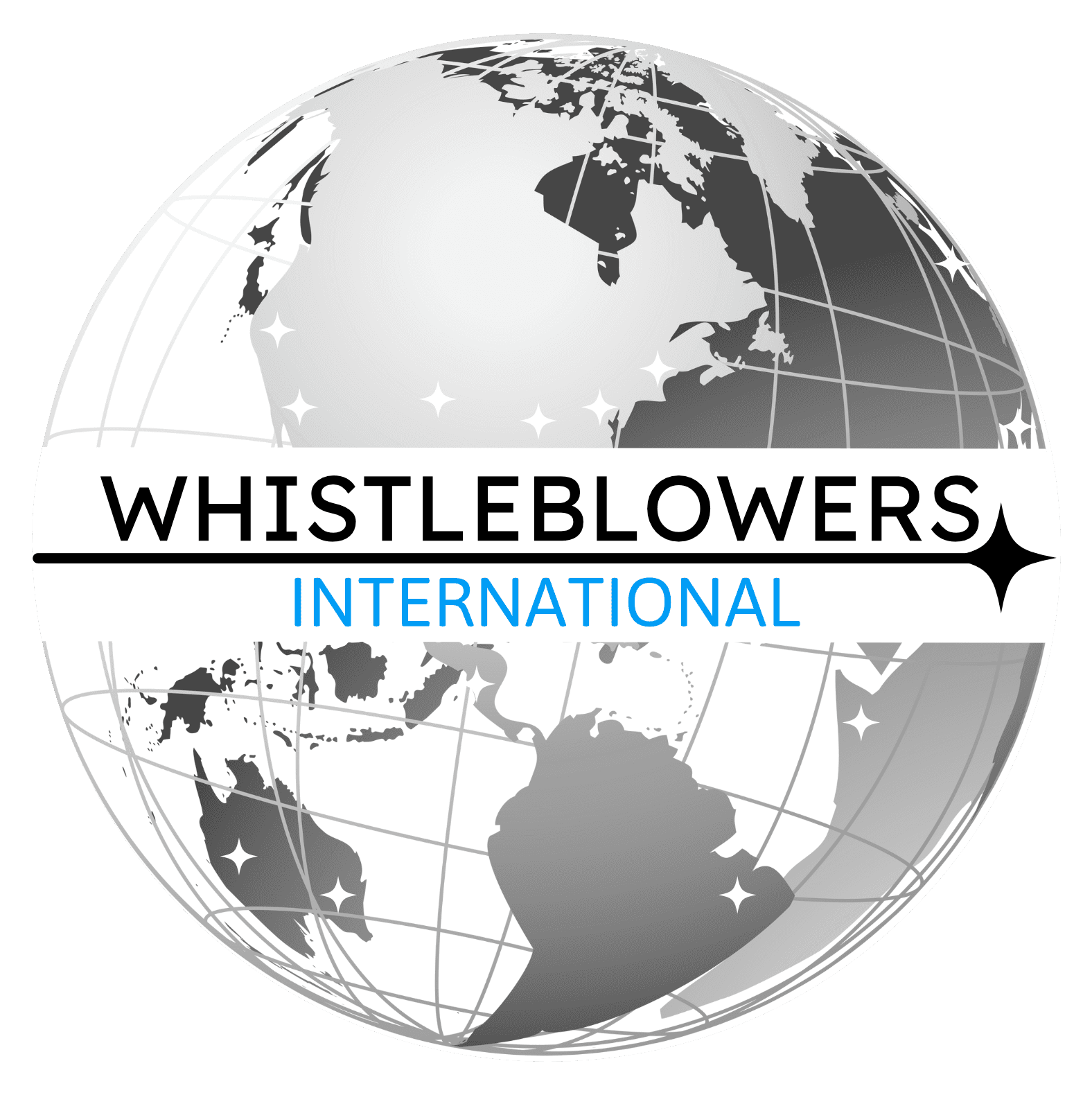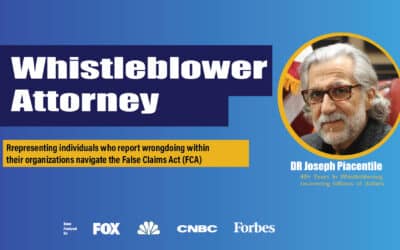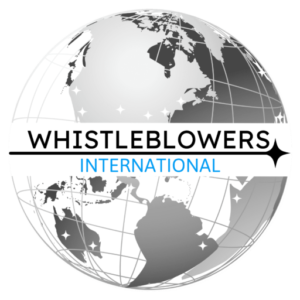PRIVATE INSURANCE
PRIVATE INSURANCE FRAUD IN THE UNITED STATES
INSURANCE FRAUD ATTORNEYS
Insurance fraud is a widespread and costly problem in the United States that results in higher insurance premiums for a massive number of Americans across the country.
California and Illinois are the only states with a whistleblower or Qui Tam statute that addresses fraud committed against private insurers.
THE CALIFORNIA INSURANCE FRAUD PREVENTION ACT
The California Insurance Fraud Prevention Act (IFPA), found in Section 1871.7 of the California Insurance Code, allows the public to file private Qui Tam lawsuits against anyone who commits insurance fraud in the State.
VIOLATING THE INSURANCE FRAUD PREVENTION ACT
The Insurance Fraud Prevention Act helps combat this issue by making it illegal for individuals to knowingly file a false or misleading insurance claim. The IFPA covers all forms of commercial and personal insurance, including life, auto, home, and health insurance. The IFPA provides for fines ranging from $5,000 to $10,000 per violation, in addition to damages of three times the amount of money the fraud cost its victims.
Some types of violations of the Insurance Fraud Prevention Act include:
Making any false statement or knowingly reporting false information in connection with insurance.
- Submitting multiple claims for the same healthcare service.
- Providing kickbacks to recruit patients or clients.
- Receiving money or other valuables from an insured for services not rendered.
- Knowingly producing or distributing documents containing false statements in connection with insurance.
- Knowingly concealing information relating to an accident or injury for purposes of collecting benefits.
- Staging auto collisions and submitting claims for damage.
Just like the False Claims Act, an IFPA action can be brought by either the State or a private individual suing on the State’s behalf. However, under the IFPA it is not necessary that the government suffer any harm as a consequence of the fraud. The reason for this is that insurance fraud usually harms a large number of people due to the fact that insurance companies frequently cite insurance fraud losses in raising rates for policyholders. The Act’s legislative record states that healthcare insurance fraud likely increases national healthcare costs by “billions of dollars annually.”
If a relator or insurer decides to file a civil suit in the name of the State of California in an IFPA action, this complaint and all the related evidence must be filed under seal in a California Superior Court, served to that California jurisdiction’s local district attorney and to the state insurance commissioner. The latter has 60 days to decide whether or not to intervene in the case. In case the district attorney or the commissioner decides to intervene, government attorneys may take over and lead the case or allow the relator to continue to do so while they play a supportive role.
WHISTLEBLOWER ENTITLEMENTS UNDER THE IFPA
Under the IFPA, a whistleblower is entitled to between 30 and 40 percent of the recoveries of a successful intervened case. In a case where the government decides not to intervene, the relator would be entitled to between 40 to 50 percent of any recovery. The IFPA also protects employees from retaliation and requires that the employer:
- reinstate the employee with the same seniority,
- pay the employee twice the amount of backpay they are due, plus interest, and
- compensate the employee “for any special damages sustained as a result of the discrimination.” These can include reasonable litigation costs and attorneys’ fees.
REPORTING INSURANCE FRAUD: PROTECTING YOUR RIGHTS AS A WHISTLEBLOWER
As a whistleblower, you play a crucial role in uncovering and reporting insurance fraud, protecting the interests of both individuals and society as a whole. Whistleblowers International is dedicated to supporting and advocating for individuals who have witnessed insurance fraud and are seeking to take action.
When you choose to blow the whistle on insurance fraud, you are entitled to certain rights and protections under the law. These rights include:
- Anonymity: Whistleblowers have the right to remain anonymous during the investigation process, safeguarding their identity and protecting them from potential retaliation.
- Legal Protections: Whistleblowers are protected from employer retaliation, such as termination, demotion, or harassment, for reporting insurance fraud.
- Financial Rewards: In many cases, whistleblowers may be eligible for financial rewards or a percentage of the recovered funds if their report leads to a successful prosecution or settlement.
- Legal Guidance: Whistleblowers International provides experienced attorneys who specialize in insurance fraud cases, ensuring that you have the necessary legal support and guidance throughout the entire process.
If you have witnessed insurance fraud or suspect fraudulent activities, it is important to take action and report it. By doing so, you not only protect your rights but also contribute to the prevention of future fraudulent activities and the overall integrity of the insurance industry.
THE ILLINOIS CLAIMS FRAUD PREVENTION ACT
In addition to California, Illinois is the only other state with a Qui Tam statute allowing a private individual to bring claims for commercial insurance fraud on behalf of the State. The Illinois Claims Fraud Prevention Act, 70 ILCS 92/1, et seq., imposes liability for paying unlawful remuneration to induce services under a contract of insurance and for violating certain criminal state antifraud provisions.
PROTECTIONS FOR WHISTLEBLOWERS IN CA AND IL
Both California and Illinois have first to file rules, which means that once a person or government agency has brought an action under the Act, no person other than the State can intervene or bring a related action.
As mentioned before, California and Illinois employees who act in furtherance of an insurance fraud prevention action are also protected against retaliation. Any anti-discrimination action as a result of their involvement with an IFPA action and the pursuit of damages must be done within three years from the time the fraud was committed or from when they discover “the facts constituting the grounds” for the action or within eight years of the retaliatory act.
If you know of insurance fraud that occurred involving insurers in California or Illinois, contact Whistleblowers International. Our team of whistleblower lawyers can help you use your information about insurance fraud to seek justice and potentially earn you a reward by co-counseling you matter with a firm located in California or Illinois.
Call us at to get started.
Contact Us Today
The information submitted will be submitted to the law firm of Piacentile & Associates LLP d/b/a Whistleblowers International. This communication does not create an attorney-client relationship and is submitted only for the purpose of evaluating your claim to see if this is something we are able to help you with. By contacting us, you certify that you are a potential client making a bona fide inquiry about obtaining legal services to address a potential whistleblowing legal claim. Past results do not guarantee future outcomes. While this submission does not create an attorney-client relationship, all information submitted will be kept strictly confidential per legal ethics rules since this information is submitted in contemplation of a potential attorney-client relationship. No attorney-client relationship is formed until it is determined after evaluation with you that this is something we can take on and a retainer agreement is signed by you and the law firm of Piacentile & Associates LLP d/b/a Whistleblowers International. Please also understand that by submitting your information, there is no guarantee that we will contact you in response, as at any given time, there are only a limited number of claims we are able to take on and pursue. If we do not contact you within 3-business days of your submission, please reach out to another whistleblower law firm if you are interested in pursuing your matter.
Our Areas of Practice
Healthcare Fraud
Securities / Derivatives Fraud
Fraud Against the Government
Tax Fraud
Cryptocurrencies Fraud
Defense Contractor Fraud
Money Laundering
Foreign Corrupt Practices Act
DR. JOE’S CASES HAVE BEEN FEATURED IN:





COMMITTED TO GLOBAL TRANSPARENCY
Unmasking Investment Fraud: A Private Investigator’s Guide to Navigating Financial Scams
As a private investigator specializing in investment fraud cases, I've seen countless victims fall prey to sophisticated schemes that exploit their trust and hard-earned money. Over the years, I’ve gathered insights on how to spot fraud, protect investments, and take...
Whistleblower Attorneys: Protecting Those Who Speak Out Against Fraud
At Whistleblowers International, we specialize in representing courageous individuals who report fraud, misconduct, or illegal Whistleblower Attorneys: Protecting Those Who Expose Fraud At Whistleblowers International, we are...
Financial Crimes Enforcement Network (FinCEN): An Overview
The Financial Crimes Enforcement Network (FinCEN) is a bureau within the U.S. Department of the Treasury that plays a critical role in safeguarding the financial system against illicit activities such as money laundering, terrorist financing, and other financial...
What is FinCEN?
The Financial Crimes Enforcement Network (FinCEN) is a bureau of the U.S. Department of the Treasury dedicated to combating financial crimes, such as money laundering, terrorist financing, and other illicit activities that exploit the financial system. Established in...
PCBs and Cancer: Understanding the Risks and Connections
Polychlorinated Biphenyls (PCBs) are chemical compounds that were widely used in industrial applications before their ban in the late 1970s due to health concerns. One of the most significant risks associated with PCB exposure is cancer. Numerous studies have explored...
Understanding the Current PCB Legal Landscape and Emerging Cases
Polychlorinated Biphenyls (PCBs) Polychlorinated Biphenyls (PCBs) have been the subject of numerous lawsuits for decades due to their widespread use and enduring impact on the environment and public health. Despite being banned in the late 1970s, PCBs continue to pose...
Understanding PCB Exposure: Common Questions and Answers
What is PCB Exposure? Q: What is PCB exposure? A: PCB (Polychlorinated Biphenyl) exposure refers to contact with these man-made chemicals, which were widely used in various industrial applications from the 1930s until their production was banned in many countries in...
Top U.S. Government Contractors and the Risks of Procurement Fraud
The U.S. government is one of the largest purchasers of goods and services globally, spending hundreds of billions annually on contracts with private companies. While these contracts provide significant business opportunities, they also come with risks, including the...
Understanding Government Contract Fraud: Can Contractors Be Criminally Charged?
Government contract fraud is a significant issue affecting both the federal government and the private sector. With billions of dollars allocated to government contracts annually, instances of fraud have emerged as a critical concern. This article explores whether...
Understanding Securities and Commodities Fraud: Insights from a Lawyer’s Perspective
Securities and commodities fraud can be complex and overwhelming to navigate, especially if you're facing legal challenges in these areas. This blog post aims to shed light on the essential aspects of securities and commodities fraud, answering key questions and...
The information on this website is for general information purposes only. Nothing on this site should be taken as legal advice for any individual case or situation.
We do not accept cases in all jurisdictions. No representation is made that the quality of the legal services to be performed is greater than the quality of legal services performed by other lawyers. Prior results do not guarantee a similar outcome. This information is not intended to create, and receipt or viewing does not constitute, an attorney-client relationship. While we will treat any information provided as privileged and confidential, you should understand that when you provide information about a potential case to us, we do not become your attorneys. We do not represent you until we have agreed to do so and a retainer has been signed by both of us. This information is not intended to create, and receipt or viewing does not constitute, an attorney-client relationship. This website may be considered attorney advertising in some states.
© 2024 All Rights Reserved.




